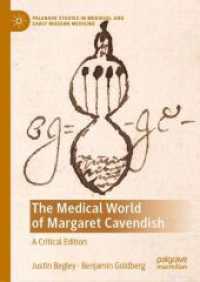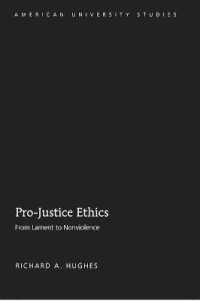- ホーム
- > 洋書
- > 英文書
- > Business / Economics
Full Description
In this pathbreaking study, Joel Wainwright shows how deeply Darwin influenced Capital. Marx's thinking about history and nature changed, generating a distinctive ecological critique of capitalism as a social formation. Marx even called Capital a study of natural history.
Contents
PART I: THE EMERGENCE OF MARXIAN NATURAL HISTORY
1. Marx before Darwin
2. Darwin and the destruction of teleology
3. Marx after Darwin
PART II: READING CAPITAL AS NATURAL HISTORY
4. Labor, nature, and technology
5. From population to commodity fetishism
PART III: ELABORATIONS OF MARXIAN NATURAL HISTORY
6. A natural history of capitalism
7. Philosophical implications of Marxian natural history
8. Prospect of an end







